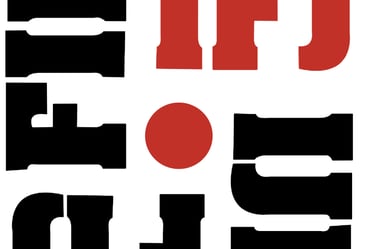The Hypocrisy in the Olympic Movement: Rewarding Self-Interest Over Fair Competition


Reasons why the reward given to Thomas Bach by WADA raises concerns:
While Bach may have been recognized for his efforts in combating doping, there are several reasons why this reward is seen as hypocritical.
First and foremost, under Bach's leadership, the IOC has been plagued by numerous doping scandals and controversies.
Furthermore, Bach's reward comes at a time when the IOC is facing criticism for its handling of the Tokyo Olympics amid the COVID-19 pandemic.
Moreover, the timing of the reward is questionable. It comes just months before the next IOC presidential election.
Additionally, there is a broader issue of hypocrisy within the Olympic movement itself.
In conclusion, the reward given to Thomas Bach by WADA raises serious concerns about the integrity of the Olympic movement.
Lack of accountability and conflicts of interest in WADA and IOC officials:
One of the key issues with WADA and IOC officials is their lack of accountability.
Take, for example, the case of the Russian doping scandal.
Furthermore, the cozy relationship between officials from WADA and the IOC raises questions about conflicts of interest.
WADA relies heavily on funding from the IOC, which creates a power dynamic where the IOC has significant influence over WADA's decisions.
Moreover, the lack of transparency in the decision-making processes of both organizations further erodes trust in their ability to govern effectively.
Overall, the actions and behavior of WADA and IOC officials have cast a shadow over the Olympic movement.
Hypocrisy and lack of respect for fair competition:
Furthermore, the fact that this symposium took place in Switzerland adds another layer of irony to the situation.
It is important to remember that the fight against doping is not just about catching and punishing athletes who use performance-enhancing drugs.
This feast of hypocrisy not only undermines the credibility of the anti-doping movement, but it also erodes the trust and faith that athletes and fans have in the sporting world.
If the Olympic movement truly wants to address the issue of doping in sports, it needs to start by holding its own officials accountable.
The fear of competition and the loss of respect:
The fear of competition and the loss of respect are not isolated issues within the Olympic movement.
This fear of competition stems from the understanding that any meaningful change or reform would threaten the status quo.
This fear of competition is not only detrimental to the organization itself but also to the athletes who dedicate their lives to their sports.
The lack of respect for athletes and their achievements is deeply concerning.
To restore trust and credibility, it is crucial for these officials to prioritize the values of fair competition and transparency.




